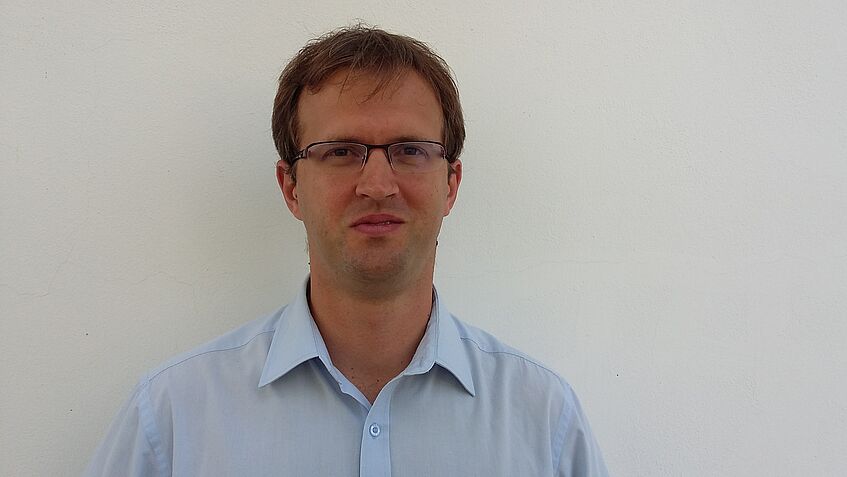
© Margit Garajszki
István Kollai
Assistant Professor at the Institute of World Economy, Corvinus University of Budapest
István Kollai graduated as an economist from European Integration (MA) at Corvinus University of Budapest and as a historian at Eötvös Loránd University. During his studies, István Kollai initiated the establishment of Terra Recognita Foundation, aiming at bolstering dialogue and cooperation among Central and Eastern European countries. Academic experiences engaged him in writing and editing the Foundation’s publications in Slovak, Hungarian and English language. Professional experiences engaged him in cultural diplomacy for the Hungarian Institute in Bratislava, where he was appointed as the director of the institute for five years (2010-2015).
Currently, he is the assistant professor of the http://worldeconomy.hu/ at the Corvinus University of Budapest, his current research fields and interests are: Central and Eastern Europe in a Global Context, Economics of Cultural Diversity, Imaginative Geography.
Beside lecturing, he is responsible for the internationalization of the Institute of World Economy, through educational tools for foreign students and through research partnerships.
E-Mail: istvan.kollai@uni-corvinus.hu
Homepage: worldeconomy.hu/associate-assistant-professors/istvan-kollai
Abstract
Ahead of the Byzantine Empire (Instead of Rome): Anti-Western and Western-Sceptic Historical Narratives in the Hungarian Public Discourse
Present paper intends to scrutinize the Anti-Western and Western-sceptic discourse within the Hungarian public life, which depicts the EU such a declining civilization like the Western Roman Empire. Such an expressively negative perception does not have deep sociocultural roots within the Hungarian national consciousness, since pro-Western attitudes remained dominant even during the authoritarian (but Anglophile) regimes between the world wars, or during the decades of the Communism when literarians called “Westerners” took the moral high ground. Until recent years, “catching up to the West” had been regarded as a moral imperative in almost all the layers of the Hungarian society.
Currently, this moral imperative has been outrightly questioned by a circle of opinion leaders, whose apparent aim is to take the mainstream position within the Hungarian public discourse. Their new narrative draws a parallel between the declining Roman Empire and the “declining European Union”, depicting both civilisations as being under disastrous migrant pressure, and paying (direct or indirect) attention to the advantage of belonging to Byzantine autarchies, now represented primarily by Russia. Present research tries to highlight the postmodern interpretation of these historical epochs in the Hungarian public discourse.
Programme: Panel 2, Wednesday, 5 September 2018, 14:30-16:00